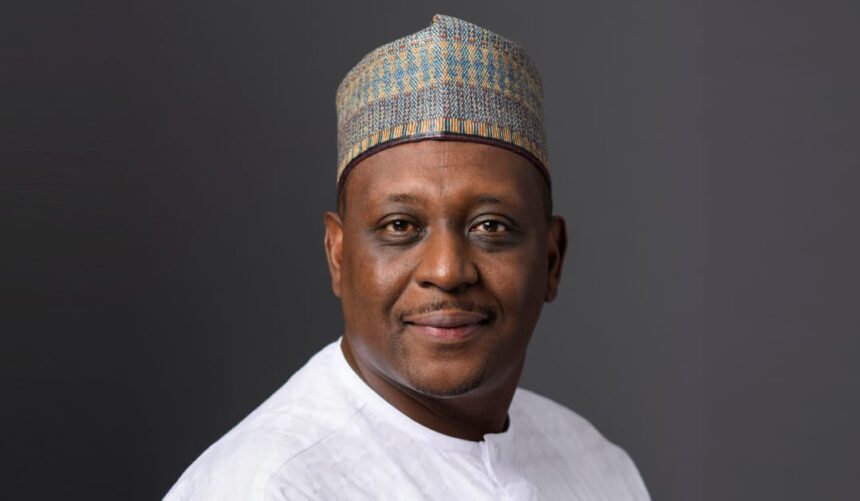Coordinating Minister of Health and Social Welfare, Muhammad Ali Pate, has stressed that Nigeria must prioritize long-term investment in its health sector to achieve sustainable economic growth.Speaking on Monday,September 1, Pate explained that a healthy population is a foundation for productivity, stability, and national development, warning that without robust healthcare systems, economic reforms and infrastructure expansion will fall short of their potential.
The Minister emphasized that the link between health and the economy is direct and undeniable. He noted that countries that consistently invest in healthcare not only improve life expectancy and well-being but also strengthen their workforce, attract more investments, and reduce poverty levels. According to him, Nigeria cannot afford to underfund health if it hopes to compete globally.
Pate highlighted that past neglect of the sector has created vulnerabilities, including poor access to essential services, shortage of skilled professionals, and gaps in public health systems. These weaknesses, he said, were made more visible during the COVID-19 pandemic, which exposed the risks of inadequate investment in health infrastructure and preparedness.
He explained that the government is adopting a strategy that combines public sector reforms with partnerships from private investors and international development organizations. By mobilizing resources from multiple channels, Nigeria aims to expand access to quality healthcare, build new facilities, modernize existing ones, and address the persistent brain drain in the medical profession.
The Minister also stressed the importance of primary healthcare as the backbone of the system. Strengthening local clinics, he said, will reduce the burden on tertiary hospitals, improve preventive care, and help communities manage health challenges before they become emergencies. He added that this approach is more cost-effective and ensures equity in healthcare delivery across urban and rural areas.
On financing, Pate called for improved budgetary allocations to health, alongside innovative mechanisms such as health insurance expansion and public-private collaborations. He argued that sustainable financing will allow Nigeria to reduce its dependence on external aid while ensuring that citizens, especially the most vulnerable, have access to affordable and reliable healthcare.
The Minister also drew attention to the role of health in human capital development. He explained that a healthier population means children are more likely to stay in school, workers are more productive, and families spend less on avoidable medical expenses. This cycle, he said, directly supports economic progress by boosting incomes, reducing inequality, and fostering stability.
Pate assured Nigerians that the Tinubu administration is committed to implementing reforms that will reposition the sector. He mentioned that efforts are ongoing to increase the number of trained healthcare professionals, strengthen regulatory frameworks, and ensure accountability in the use of resources allocated to health projects.
He concluded by urging stakeholders, including state governments, private organizations, and civil society, to support federal efforts in improving healthcare delivery. According to him, achieving Nigeria’s economic ambitions requires a collective commitment to health investment, which he described as not just a social responsibility but also an economic imperative.
The Minister’s remarks reinforced the view that building a resilient health system is as important as infrastructure or industrial development, since both citizens and the economy depend on the well-being of the population.





